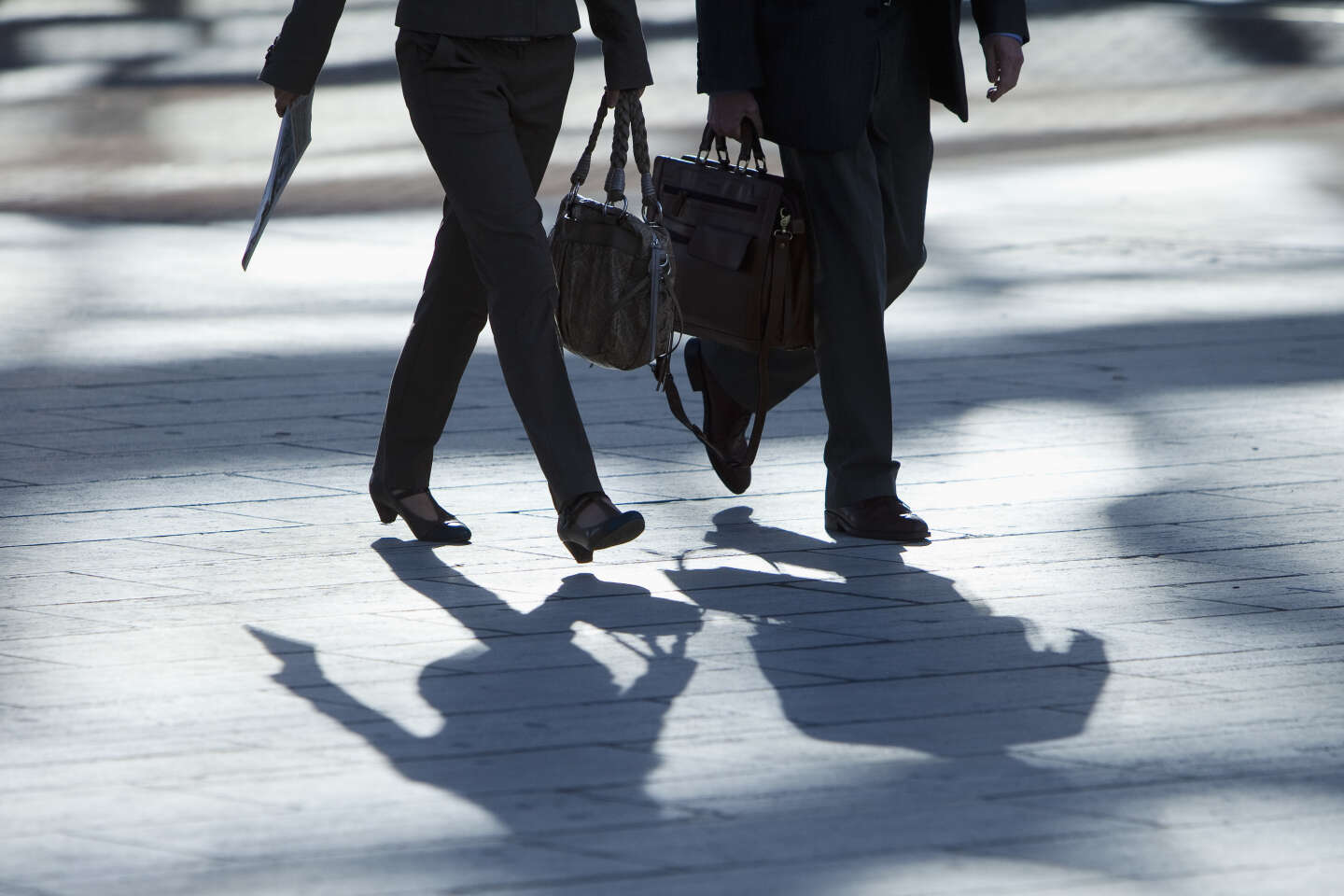


How can we double the rate of economic growth worldwide over the next decade? The World Bank has suggested a simpler answer than artificial intelligence or any technological revolution, at least on the face of it: finally putting men and women on a truly equal footing in the job market.
Even without going as far as doubling growth, improving the existing situation would already give a boost to a world economy that is currently sluggish. "Closing the gender gap in employment and entrepreneurship could raise the global gross domestic product by more than 20%," said the Washington-based institution, concluding the 2024 edition of its "Women, Business and the Law" report, published on Monday, March 4.
"Today, barely half of women participate in the global workforce, compared with nearly three out of every four men. This is not just unfair – it's wasteful," said Tea Trumbic, the main author of the report, which has measured progress toward parity in 190 countries around the world over the past 10 years.
Reduction compared with 2022
In particular, the World Bank looked at laws and regulations that may prevent women from entering the labor market, or even hold them back compared to their male colleagues. Ten indicators were taken into account: security in all its forms, mobility, work, remuneration, marriage, parenthood, childcare, access to entrepreneurship and differences in retirement.
A few days before International Women's Rights Day on March 8, the results give little cause for optimism. Women remain less protected than men: They enjoy less than two-thirds of the legal rights recognized for the opposite sex. This is down from 2022, when the inequality ratio was more like three-quarters.
Two indicators in particular have set them back in the long march toward equality: access to childcare and safety and protection against gender-based violence. This second area, which covers domestic violence, sexual harassment, child marriage and femicide, was the worst rated overall. The issue of protection against sexual harassment was a key one: Only around 40 countries worldwide have laws applying to public spaces. "Sexual harassment in public spaces can dissuade women from using public transport and commuting long distances," said the study's authors.
Improving access to childcare
As for access to childcare, this is essential if women are to remain in the workforce: Improving these arrangements could double the activity rate of mothers in the space of five years. What's more, women continue to spend an average of 2.4 hours a day more than their male counterparts on unpaid domestic chores, most of which are devoted to children.
You have 19.44% of this article left to read. The rest is for subscribers only.
